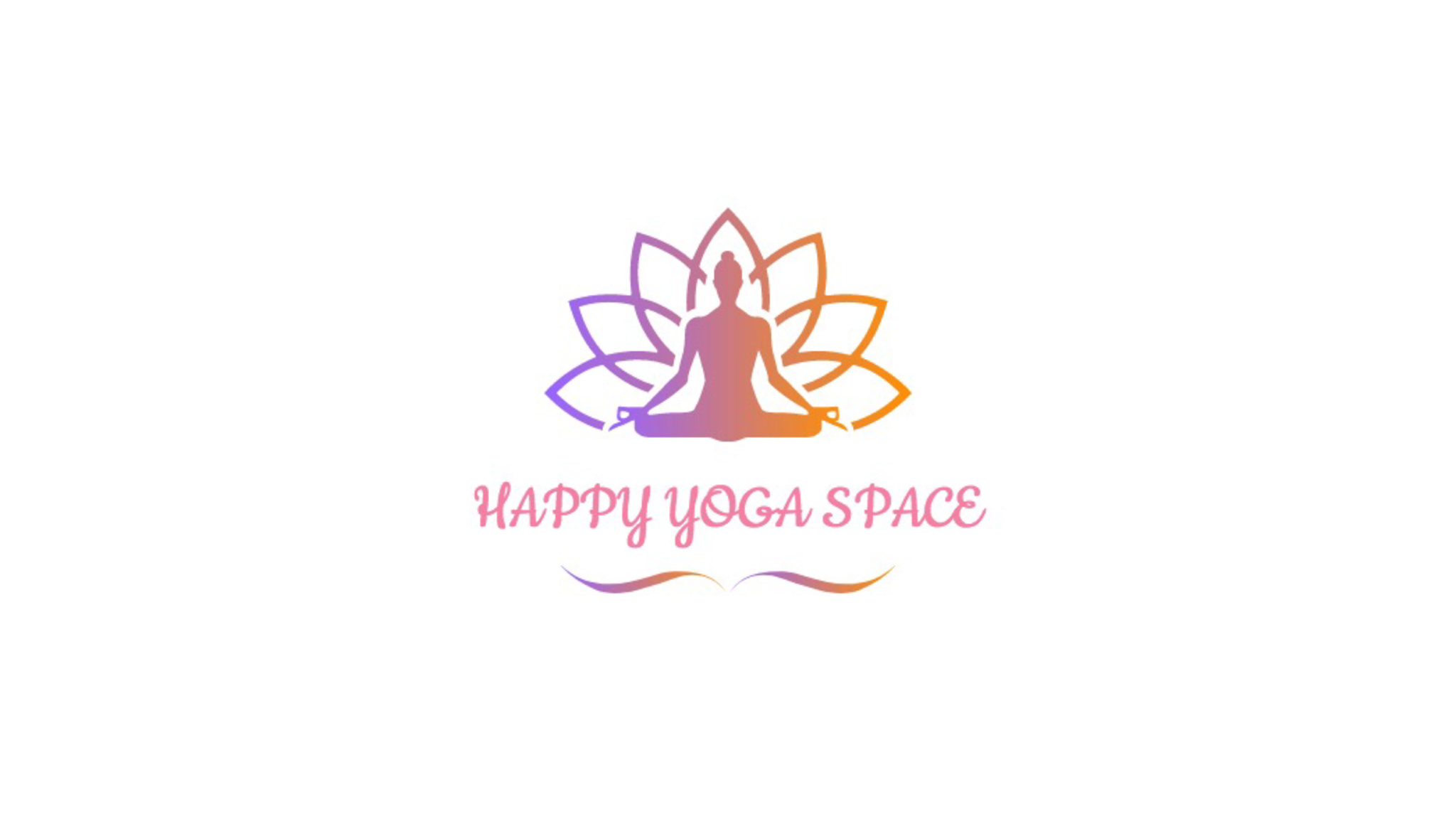Intuition as a tool to listen to our inner voice.
Intuition is the ability to understand or know something without the need for conscious reasoning. It often manifests as a gut feeling, instinct, or sudden insight that guides decisions and actions. Intuition draws on past experiences, emotions, and subconscious knowledge, allowing individuals to make quick judgments or assessments. While it may seem irrational or elusive, many people find that their intuitive insights can lead to valuable guidance in various aspects of life, from personal decisions to creative endeavors.
When we talk about intuition the first thing is comming to our mind is the "6th sense" as feeling in our gut we call it. Often we can't explain why we feel certain things and even they become real at the end we just say "I felt it".
I often meet people telling me how much they became aware of their intuition and how much sensitivity they have.
Based on many recent events I concluded that if we listen to the intuition we won't make any wrong decisions, because the intuition is spot on.
There are different interpretations of the intuition and what exactly intuition means. Long story short, the intuition is this feeling in our gut which is advising us whether something is right for us, or not.
Often we say then, we had a feeling about a certain thing how exactly would happen and what the result would be.
Intuition, the divine voice of the soul.
In spiritual language, intuition is the voice of the soul. It is the one which speaks as long as we have ears to listen to it.
"To listen" metaphorical said, but it irresistibly with us.
Intuition is telling us what we should do, not what we think we should do. In other words, it is the hidden voice within us that is our most faithful advisor.
From a spiritual perspective, intuition is often viewed as a deeper knowing or inner guidance that transcends rational thought. It’s considered a connection to the subconscious mind, higher self, or universal consciousness, allowing individuals to access insights and wisdom beyond ordinary perception. Intuition may manifest as gut feelings, sudden insights, or a sense of clarity in complex situations, guiding personal choices and spiritual growth.
This intuitive sense is believed to be enhanced through practices like meditation, mindfulness, and self-reflection, fostering a greater alignment with one’s true purpose and the interconnectedness of all beings.
Next time when you are at crossroads, calm the mind, take a deep breath in through the nose and exhale through the mouth, connect with your inner self and the answer will come from within. Trust the process. We humans often doubt everything, and this is totally normal. However, learning to trust the process could bring many benefits into our life, we just need to learn to trust and to exclude the mind, all insecurities, and to feel.
It is a process of understanding, a process of patience with ourself, process of surrender.
Here are a few techniques how to learn trusting your intuition:
Learning to listen to your intuition involves cultivating awareness and trust in your inner voice. Here are some effective techniques I personally tried through the years, and can say they work pretty well.
- Mindfulness Meditation: Practice mindfulness to become more attuned to your thoughts and feelings. This can help quiet external distractions and allow your intuition to surface.
- Journaling: Write regularly about your feelings, thoughts, and experiences. Reflecting on these entries can reveal patterns and insights from your intuition.
- Create Space for Stillness: Spend time in silence or nature. Disconnecting from noise can help you hear your inner voice more clearly.
- Pay Attention to Emotions: Notice how your body reacts to different situations. Gut feelings, tension, or excitement can be signals from your intuition.
- Practice Decision-Making: When faced with choices, take a moment to pause. Assess how each option feels rather than just relying on logical analysis.
- Visualize Scenarios: Imagine different outcomes of decisions and observe your emotional responses. Your intuition can guide you based on how you feel about each scenario.
- Trust Your First Instincts: When you have a gut feeling about something, trust it. Reflect on past experiences where following your intuition led to positive outcomes.
- Limit External Influences: Reduce input from others, especially during decision-making. Too many opinions can drown out your inner voice.
- Set Intentions: Before making a decision, set a clear intention and ask your intuition for guidance. This can create a clearer channel for your inner voice.
- Seek Feedback: After acting on your intuition, reflect on the outcomes. This can help you learn to distinguish between intuition and fear or doubt.
By practicing these techniques regularly, you can strengthen your ability to listen to and trust your intuition over time.
I hope all said above can give more clarity on how we can learn to listen to the intuition, and what exactly intuition means.
Listen, Hear, Trust, Surrender!
Love,
Catherine
Important notice: All information above has been shared from my own experience and it’s not a medicine or a therapy. Please note I’m not a doctor or psychologist, if you feel you need a professional assistance, please consult a specialist.
All information shared on this page is related to share my experience and knowledge of my own practice, techniques and routines I implement into my daily life. Please be conscious and mindful and use what’s best for you. Shared with love!

